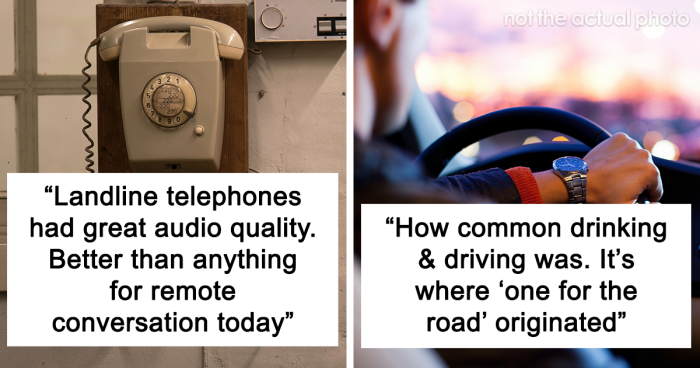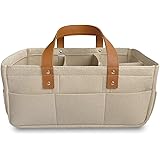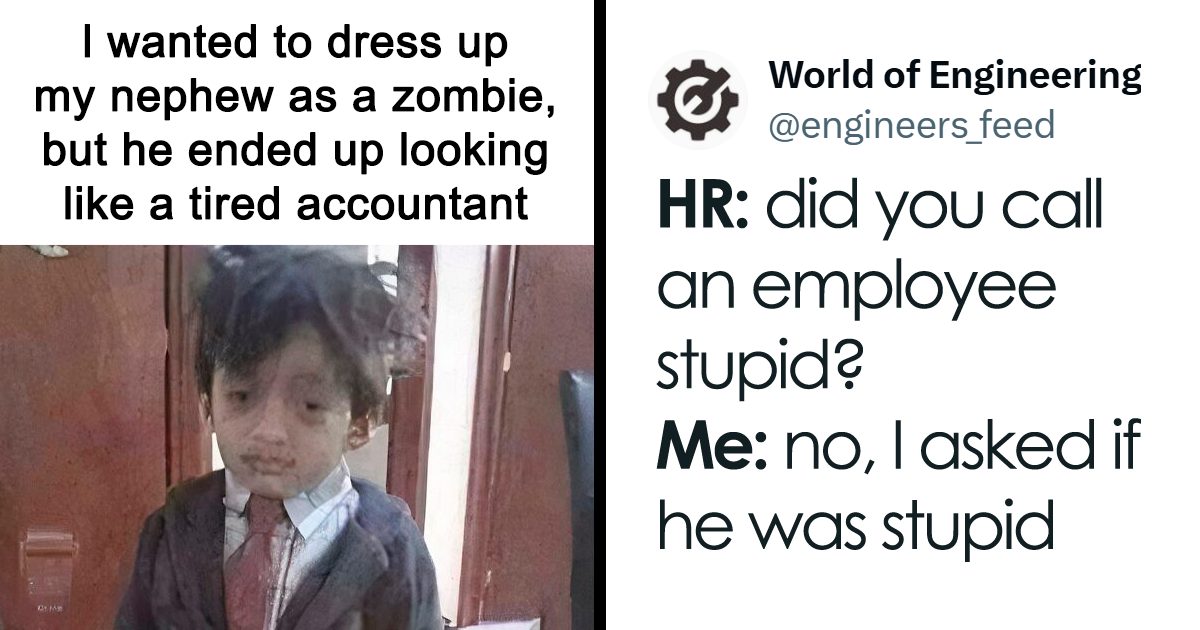23 Shocking Misconceptions Younger Generations Have About Recent History Revealed
Ever wondered what it was really like to live through past decades—not just the glossy, filtered version Hollywood hands you or what you scroll past on social media? Turns out, the truth is a little messier, a lot less glamorous, and way more eye-opening. A Reddit user sparked a flood of tales from the trenches, where the “good old days” come with stories about steel mills, precarious jobs, and social battles that textbooks conveniently skip. From being the first woman in a factory to the grit behind feminism’s quiet victories, these firsthand accounts reveal a history you won’t find in your usual Netflix binge. So, before you nostalgically clutch your iPhone, maybe take a minute to see how history felt when it was still unfolding—because the past actually isn’t what you think it is. LEARN MORE
You can read books and watch movies about the days gone by but you probably won’t understand what a certain era felt like as well as the people who lived through it.
So when Reddit user WeirdJawn asked older platform users to share what young people have gotten completely wrong about past decades, their post received plenty of replies.
From the entertainment industry to social movements and everything in between, continue scrolling to learn what history looked like when it was still the present from the ones who witnessed it.
 Being a young “boomer” was not easy. I worked in a steel mill, night shift, at age 18. I was the first woman to work in the foundry. I had to be escorted to and from the lavatory because my boss was afraid I would be assaulted. Then I finished nursing school and was propositioned by doctors. In my final career I was a PM at an engineering firm and was told repeatedly that I did not deserve the job. I hope younger women realize what us “older ladies” did to pave the way.
Being a young “boomer” was not easy. I worked in a steel mill, night shift, at age 18. I was the first woman to work in the foundry. I had to be escorted to and from the lavatory because my boss was afraid I would be assaulted. Then I finished nursing school and was propositioned by doctors. In my final career I was a PM at an engineering firm and was told repeatedly that I did not deserve the job. I hope younger women realize what us “older ladies” did to pave the way.
 That feminism isn’t some mouldy concept from the distant past.
That feminism isn’t some mouldy concept from the distant past.
In the US, sexual discrimination in education wasn’t outlawed until 1972, which just happened to be the same year unmarried women were legally allowed access to birth control. Additionally, prior to 1974 women were not allowed to have credit cards or loans in their own names, they were simply authorised users of their husbands’ credit cards. Some employers also required married women to have their husband’s permission before they were offered employment.
When people talk about how women in the 1950s and 1960s stayed married even when the marriage was clearly rocky, it was less about devotion and more to do with the lack of equal access to education, work and finances. The divorce rate skyrocketed in the ’70’s but not because women were suddenly wanton and looking for a good time, it was because they were no longer forced to remain in a bad marriage as a matter of financial survival.
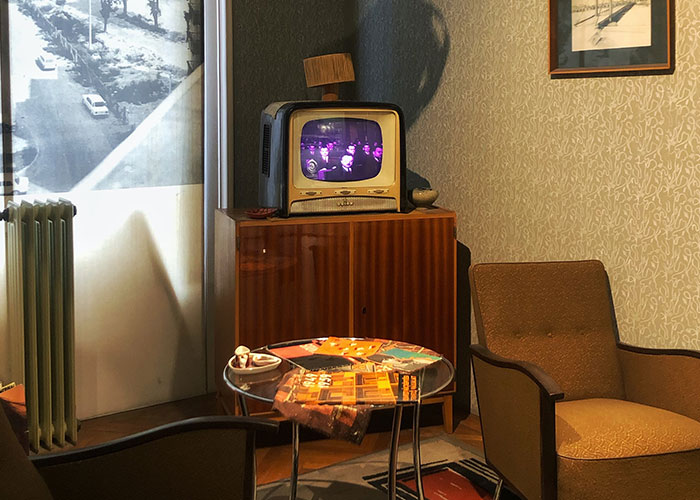 How on-time you had to be for your favorite shows because there was little to no chance you’d see that same episode again until they (hopefully) did re-runs during summer.
How on-time you had to be for your favorite shows because there was little to no chance you’d see that same episode again until they (hopefully) did re-runs during summer.
I remember waiting anxiously for the nightly news to be over so I could watch my favorite TV shows. Commercial breaks were just mad rushes for the bathroom, or to the kitchen to get something quick to drink.
 Women weren’t valued. Full stop. If you know any woman 60 or older who is a business owner, doctor, attorney, C suite professional, tell them thank you. You have no idea what they went through to get there.
Women weren’t valued. Full stop. If you know any woman 60 or older who is a business owner, doctor, attorney, C suite professional, tell them thank you. You have no idea what they went through to get there.
 Journalism has changed. You used to be able to trust in the integrity of the journalist. Now, they’re interchangeable, and all we know is the network. It has changed the way we trust the new media, and it’s not good. We shouldn’t underestimate the danger of this change.
Journalism has changed. You used to be able to trust in the integrity of the journalist. Now, they’re interchangeable, and all we know is the network. It has changed the way we trust the new media, and it’s not good. We shouldn’t underestimate the danger of this change.
 Probably just how often you had to accept that you couldn’t find out the answer to something. If you had a question you could ask your family, maybe your friends, maybe your teachers, and your last chance was the check the library. But if the library didn’t have the answer, then you just had to accept that you weren’t going to get an answer (or you’d have to hope to come across that answer someday in the future). Now you just ask Google and get 10 answers in just seconds.
Probably just how often you had to accept that you couldn’t find out the answer to something. If you had a question you could ask your family, maybe your friends, maybe your teachers, and your last chance was the check the library. But if the library didn’t have the answer, then you just had to accept that you weren’t going to get an answer (or you’d have to hope to come across that answer someday in the future). Now you just ask Google and get 10 answers in just seconds.
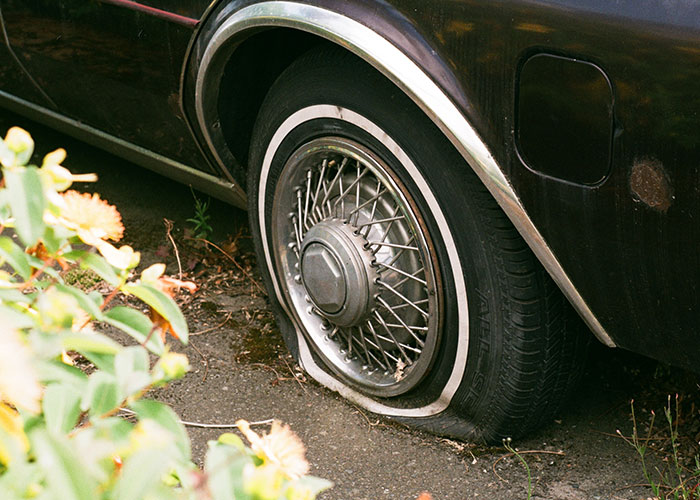 How self sufficient you had to be. If you got a flat tire, you had to change it yourself or walk. You had to make arrangements to meet up with friends well ahead of time and then show up. The world before cell phones was completely different.
How self sufficient you had to be. If you got a flat tire, you had to change it yourself or walk. You had to make arrangements to meet up with friends well ahead of time and then show up. The world before cell phones was completely different.
 I am definitely an older Redditor (born in 1949). What today’s young people don’t appreciate is how, growing up, we had to invent our own sources of fun. There were no video games (which I enjoy playing), just 3 channels on a black-and-white tv (we didn’t get color until 1967), and no real entertainment aimed at kids. All we could do is interact with each other and play established games like marbles or maybe an organized sport like Little League baseball. There was a baseball diamond, overgrown with weeds, across the street from us, but mostly we played in the woods that surrounded us, climbing trees pretending to be pirates or some such. I loved the bookmobiles that would visit my street, and I must have read every biography (all bound in blue covers) in my elementary school library. It was a different era with many fewer distractions and much more time for sustained imagination. Being a different place and time, we developed different skills for interacting with the world and each other than young people do today. Was it better? That’s hard to say. We tended to have an insular view of our own little world, while today it is hard to escape what it happening everywhere on Earth. We had to wait days for a letter to arrive, and we shared a party line with our neighbor’s phone. That is a far slower pace than today’s instantaneous texting culture. (Yes, I do text.) Some things have been lost while others have been gained. That’s the way it always will be. Just wait.
I am definitely an older Redditor (born in 1949). What today’s young people don’t appreciate is how, growing up, we had to invent our own sources of fun. There were no video games (which I enjoy playing), just 3 channels on a black-and-white tv (we didn’t get color until 1967), and no real entertainment aimed at kids. All we could do is interact with each other and play established games like marbles or maybe an organized sport like Little League baseball. There was a baseball diamond, overgrown with weeds, across the street from us, but mostly we played in the woods that surrounded us, climbing trees pretending to be pirates or some such. I loved the bookmobiles that would visit my street, and I must have read every biography (all bound in blue covers) in my elementary school library. It was a different era with many fewer distractions and much more time for sustained imagination. Being a different place and time, we developed different skills for interacting with the world and each other than young people do today. Was it better? That’s hard to say. We tended to have an insular view of our own little world, while today it is hard to escape what it happening everywhere on Earth. We had to wait days for a letter to arrive, and we shared a party line with our neighbor’s phone. That is a far slower pace than today’s instantaneous texting culture. (Yes, I do text.) Some things have been lost while others have been gained. That’s the way it always will be. Just wait.
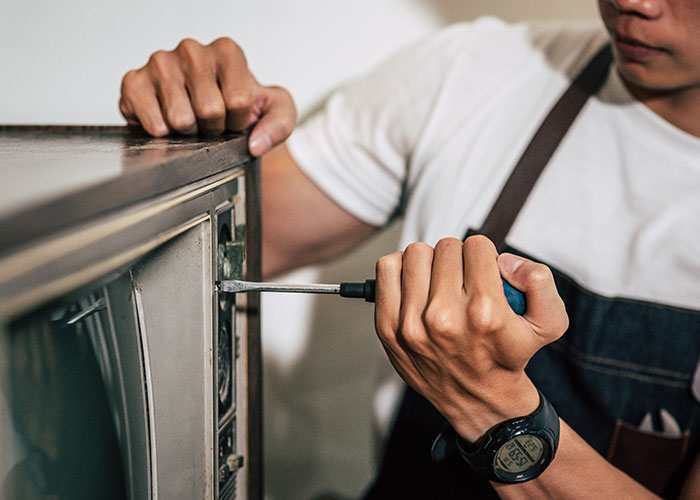 People say that the 80s were all about consumerism, which is true, but the products were well made and fixable. Towns had repair shops for everything. You just didn’t buy a disposable TV. If it broke you took it in to get fixed. Nowadays if your TV breaks its tossed and you get a new one.
People say that the 80s were all about consumerism, which is true, but the products were well made and fixable. Towns had repair shops for everything. You just didn’t buy a disposable TV. If it broke you took it in to get fixed. Nowadays if your TV breaks its tossed and you get a new one.
Edit: TVs are just one example that I used. Look at many different examples under the comments e.g. shoes, household appliances, cars, et cetera.
